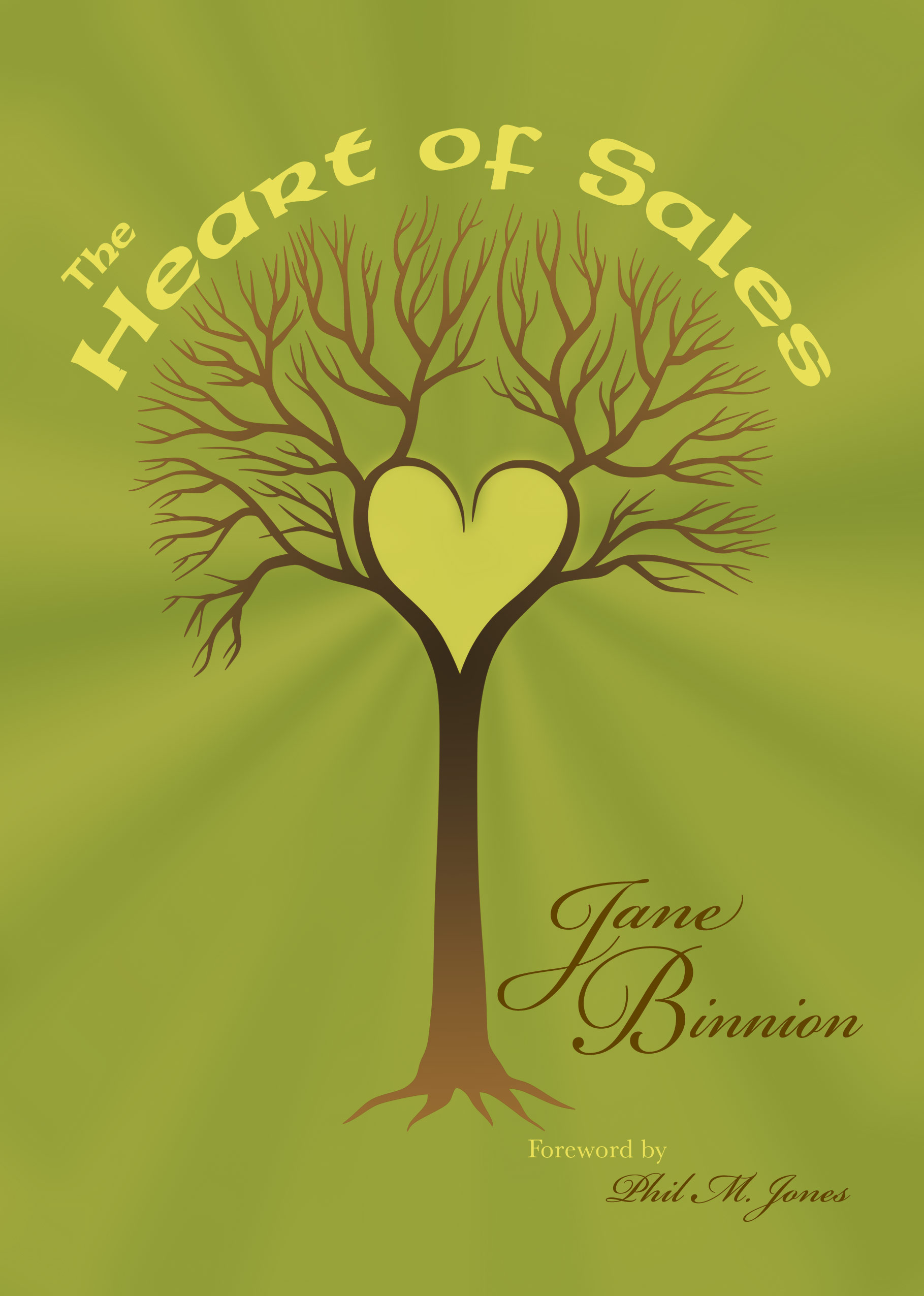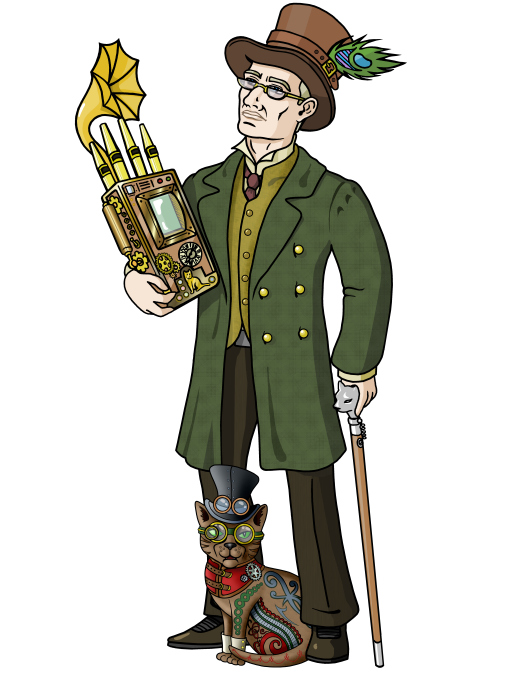This year I have been helping a good friend, Jane, to get her latest book to market. Part of my help has been in editing, producing and managing the text alongside jane and another part was as a sponsor with Shadowcat Systems. You can read all about that in our news section.
The book has just started its life as an e-book on Amazon for an exclusive period. With the kind permission of Jane I have decided to publish to this blog the text of my Sponsor’s Foreword so that those of you who haven’t bought the book yet (go buy it) can read what I wrote.
A Word From a Sponsor
“Those who do not learn from history are doomed to repeat it…”[1]
This should be a first time, if not unique, experience. Yet for the second time in recent history I find myself writing the sponsorship text for a book that Shadowcat Systems (https://shadow.cat) supported via crowdsourcing.
The first time that I performed this task was to back a book called The Empty House (http://bit.ly/theemptyhouse) from MXPublishing (http://bit.ly/mxpublishing). The Empty House named for a Sherlock Holmes story was a book of short stories and poems by famous people who are also Holmes fans. The book was created to raise money for the Undershaw Preservation Trust which seeks to purchase the home of Sir Arthur Conan Doyle and preserve it for the public. MXPublishing used crowdsourcing to raise money to have the book translated into three more languages to increase its sales and raise more funds. Matt and I have always been Holmes fans,[2] and so it was a no brainer for us to sponsor this effort.
What transpired during the crowdsourced process was moderately unusual for both us and the publishers. There were only supposed to be three new language versions, with a ‘larger’ sponsor for each We chose to back the Spanish Language version. However, the fund raised enough money to translate the book into six languages, not the intended three, and Shadowcat became the largest individual sponsor with most people opting for just a reward (book of their choice) not to just back the project. As a reward for our generosity we were given a page in each copy, translated into the respective language, to talk about Shadowcat and our decision to sponsor the book and became the language translation sponsors.

So although this is not the first time I have written a sponsor text it does represent a first. This is the first time I have written this text and will be able to read it in the published book in English.
So you repeated…[3]
There are an inevitable couple of questions that I should answer for you now. Why did we decide to back another book from crowdsourcing? Why this book?
Crowdsourcing is Liberty
My background is a Literature graduate who then worked in publishing for a decade before starting Shadowcat Systems with Matt. The publishing company I worked for, Carnegie Publishing (http://bit.ly/carnegiepublishing), produced local history books, but they also helped other small publishers and self-publishers to get their book published.
This has always left a love of writers and the publishing process in me.[4] There is also a great fondness for the small publisher, local publisher and self-publisher as many of the people I encountered in my former career matched those criteria.
The advent of crowdfunding of books is often touted as a modern approach and as a divergent or revolution in publishing. I do not believe that. Before the advent of large publishing houses and mass consumption of books, a fascination that started its most prominent period at the latter part of the nineteenth century and dominated the twentieth, many books were privately published. In fact much of what we see as crowdfunding matches the great publishing patrons of the nineteenth century who would sponsor the publication of works and more importantly libraries.
The patronage of libraries, mostly traveling libraries, resulted in an enormous shift of the landscape in writing and reading. For the first time large numbers of women, and those of lower incomes, had access to literature and they consumed it voraciously. This led to libraries sponsoring the publication of books written by women (http://bit.ly/circlibraries), in particular the novel.
In this regard we can see that crowdfunding, patronage, and small-scale self-publication was a contributory factor in the release from emancipation. If we sponsor someone’s efforts we are in fact empowering them by removing the restrictions placed on them: by political infrastructure in regards to financial status and ability; society, in particular by social stereotype and access; by popularity, the publishing predilection for big name authors. The access to novels and factual books complemented the education of a generation and changed how they perceived themselves and their place in the world. Open access via sponsorship, based on merit not name, is liberty.
Why Jane?
I first met Jane a few years ago at a meeting of ethical traders in Lancaster. Our early relationship was probably quite cautious, I am a fairly outspoken person[5] and can seem dominating with my large frame and loud voice. Jane is a polite, intelligent and friendly person who thankfully can also hold her own weight in a conversation so isn’t easily cowed.[6]

I would love to say that we became firm friends from the outset, but this isn’t an Enid Blyton world. We did have a great deal of mutual respect as we both read similar articles and followed trends. It was, however, on the matter of equality that I think we found a basis for strong friendship. Jane is an ardent supporter of the need for equality in the world, and is to many outspoken in her views regarding the need to re-evaluate and equalise the genders, removing bias.
I personally do not see Jane as outspoken, I would be happy if she said more. I think the use of the word outspoken is often a subconscious, and sometimes conscious, desire to negate a rational argument with negative description. I have a strong wish to see an equal footing for every person regardless of gender, ethnicity, viewpoints, education or fiscal status. It was this that gave Jane and I a mutual respect that we have built upon. We are comfortable being treated as equals by each other; personally I feel honoured by this.
For this reason I have always been proud to support Jane’s efforts and her various projects. But that is on a personal status, how about Shadowcat Systems?
Shadowcat are what I like to call ‘good community players’. We are an Open Source Consultancy, we are members of the Free/Libre Open Source Software Organisation, the Perl Foundation, Enlightened Perl Organisation, Lancaster and Morecambe Makers (http://lamm.hackspace.org.uk),[7] Lancaster Social to name a few. We regularly release free code and support projects, run conferences and events and play a part in local and global business and professional communities. Part of our ethical structure is of collaboration, encouragement and support. It was a no-brainer to the Shadowcat team to support and sponsor one of Jane’s earlier initiatives that was Lancashire’s first Women’s Conference.
When Jane first announced she was crowdsourcing her book I had no hesitation in helping, however much I could, to spread the word. But I also knew that Shadowcat would sponsor. I left our sponsorship until the eleventh hour on purpose, I knew we would put money towards it, but I wanted to ensure it was enough to make the book a success. This book deserved to be written.
Jane carries a strong ethical stance, moral authority and decency. She is a single mother and businesswoman who has had to carve out a place in an often male-dominated industry. To raise a child well is hard, to do so on your own is easily doubly hard. To run a successful business is hard, to do so with as a lone parent is a massive challenge. But, to do both while sticking to strong ethical principles and supporting a range of community initiatives is the mark of someone special.
Jane is a strong example of how we can all do better and how we can stand by our beliefs and do well without compromising our principles. When she wanted to write a book talking about how to do this in business it was a privilege as a company based on community and the empowerment of individuals and organisations to support her.
Mark Keating
June 2015
[Don't forget that you can join in this conversation by using the comments form or by tweeting at @shadowcat_mdk]
Notes
[1] George Santayana. Sometimes happily so.
[2] I often see myself as the affable Doctor to Matt’s Holmes is we played out those roles.
[3] If I sponsor a third book in this manner then I have to ask one of the SC programmers to script it and release the module as Open Source, it’s just a thing we do.
[4] It has also left scars and a great deal of anecdotes.
[5] That’s putting it very mildly. I am a confident speaker and I read a lot and say a lot. I have never claimed to have all the facts but I can have a rough stab at something approaching them.
[6] One of my largest concerns is that I am often seen as dominating due to my height, loud voice and ability to talk the legs of a donkey. It concerns me that this might intimidate people which I have no desire to do as I love talking to people and learning about them.
[7] Lancaster and Morecambe Makers: Mailing List is: http://bit.ly/lammlist - Facebook Group can be found at: http://bit.ly/lammface - IRC channel: #lamm on irc.freenode.org - Github Repository is: http://bit.ly/lammgit - Email address is: LAMMspace@gmail.com
